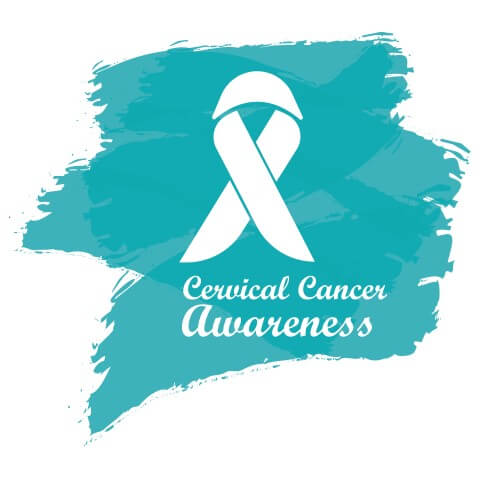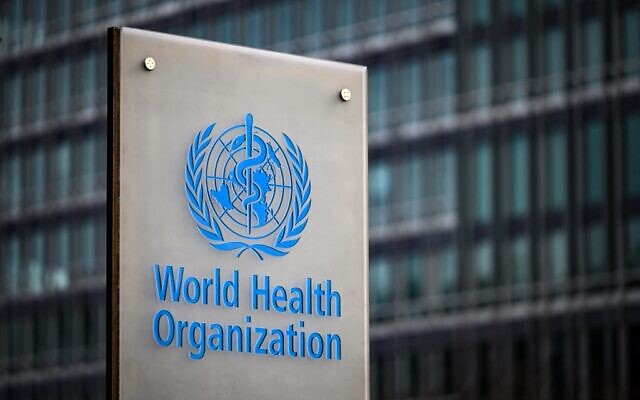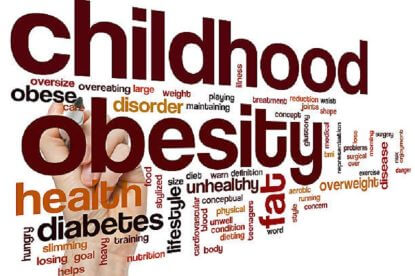Know about ‘Cervical Cancer’ symptoms, risks, and prevention
Fri 02 Feb 2024, 23:57:36

Cervical cancer is a type of cancer that occurs in the cells of the cervix, the lower part of the uterus that connects to the vagina. It is a significant health concern for women worldwide, but with early detection and prevention measures, the impact of cervical cancer can be reduced.
Cervical cancer is a preventable and treatable condition, especially when detected in its early stages. Regular screenings, HPV vaccination, and lifestyle choices play crucial roles in reducing the risk of cervical cancer.
Women should prioritize their reproductive health through open communication with healthcare providers, adopting preventive measures, and staying informed about the latest developments in cervical cancer prevention and treatment.
Let’s explore the symptoms, risk factors, and prevention strategies associated with cervical cancer.
Cervical cancer, affecting the cells in the cervix—the lower part of the uterus connecting to the vagina—remains a global concern for women. However, the impact of cervical cancer can be significantly mitigated through early detection and preventive measures.
Symptoms:
Abnormal Vaginal Bleeding: Unusual bleeding between menstrual periods. Bleeding after sexual intercourse.Postmenopausal bleeding.
Pelvic Pain: Persistent pain in the pelvis or lower back. Discomfort during sexual intercourse.
Unexplained Weight Loss: A sudden and unexplained loss of weight.
Fatigue: Feeling tired or lacking energy without an apparent reason. It’s important to note that early-stage cervical cancer may not present
noticeable symptoms, underscoring the significance of regular screenings and check-ups.
noticeable symptoms, underscoring the significance of regular screenings and check-ups.
Risk Factors:
Human Papillomavirus (HPV) Infection: HPV is a major risk factor for cervical cancer. It is a sexually transmitted infection that can lead to changes in cervical cells.
Smoking: Tobacco use increases the risk of cervical cancer and can hinder the body’s ability to fight HPV infection.
Weakened Immune System: Conditions such as HIV/AIDS or immunosuppressive medications can compromise the immune system, increasing susceptibility to HPV and cervical cancer.
Family History: A family history of cervical cancer may elevate the risk.
Long-Term Use of Oral Contraceptives: Women who have used oral contraceptives for an extended period may face a slightly increased risk.
Prevention:
HPV Vaccination: Vaccination against HPV is a crucial preventive measure. It is most effective when administered before the onset of sexual activity.
Regular Pap Smears and HPV Testing: Routine screenings, such as Pap smears and HPV testing, can detect abnormalities in cervical cells early on, allowing for timely intervention.
Safe Sexual Practices: Practicing safe sex, including consistent and correct condom use, reduces the risk of HPV transmission.
Smoking Cessation: Quitting smoking decreases the risk of cervical cancer and improves overall health.
Healthy Lifestyle: Maintaining a healthy lifestyle with a balanced diet, regular exercise, and adequate rest supports a robust immune system.
No Comments For This Post, Be first to write a Comment.
Most viewed from Health
AIMIM News
Latest Urdu News
Most Viewed
May 26, 2020
Is it right to exclude Bangladesh from the T20 World Cup?
Latest Videos View All
Like Us
Home
About Us
Advertise With Us
All Polls
Epaper Archives
Privacy Policy
Contact Us
Download Etemaad App
© 2026 Etemaad Daily News, All Rights Reserved.

























.jpg)
.jpg)
.jpg)


